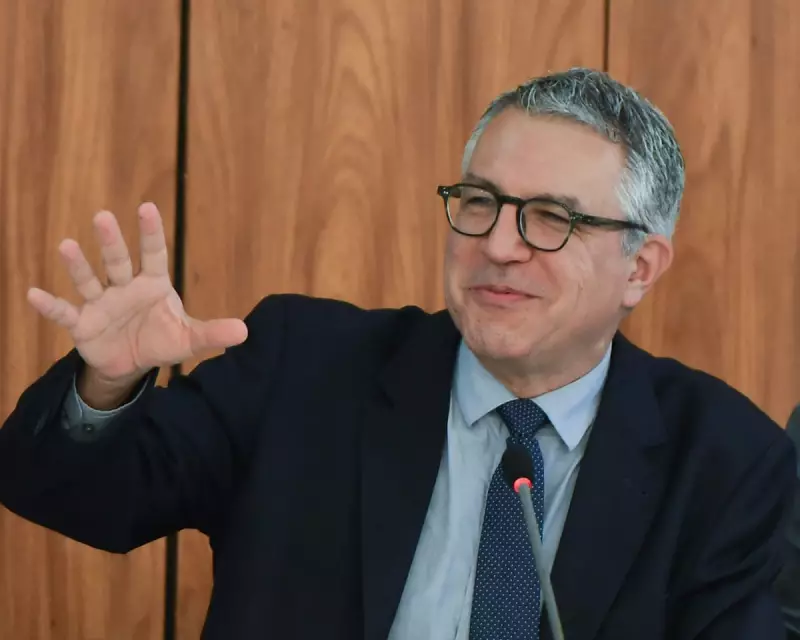
In a dramatic escalation of diplomatic tensions, Brazil's Minister of Institutional Relations, Alexandre Padilha, has publicly denounced the Trump administration after his daughter's US visa was abruptly revoked without explanation.
The controversial move, which Padilha labelled "an unprecedented act of retaliation," targets his 22-year-old daughter who had planned to study in the United States. The visa cancellation comes amid growing friction between Brazil's left-leaning government and Trump's administration.
Political Motivation Alleged
Minister Padilha didn't mince words when addressing what he perceives as political targeting. "This is clearly a response to Brazil's independent foreign policy and our refusal to align unconditionally with Washington's agenda," he stated during a press conference in Brasília.
The incident occurs against the backdrop of Brazil's increasingly assertive stance on international affairs, including its critical position on Venezuela and its growing partnerships with China and Russia.
State Department Remains Silent
The US State Department has maintained its standard policy of not commenting on individual visa cases, citing privacy regulations. However, sources within the Brazilian foreign ministry suggest no official explanation has been provided through diplomatic channels either.
This lack of transparency has fueled speculation about whether the move represents a new hardline immigration approach or a specific warning to Brazilian officials.
Broader Implications for US-Brazil Relations
Analysts are watching the situation closely, concerned it could further strain relations between the Western Hemisphere's two largest democracies. The visa revocation follows other recent disputes over trade tariffs, environmental policies, and regional diplomacy.
"Targeting family members of government officials represents a significant escalation," noted Dr. Elena Silva, a Latin American relations expert at King's College London. "It moves beyond policy disagreements into personal territory, which could make diplomatic resolution more challenging."
The Brazilian government has indicated it may pursue reciprocal measures if the situation isn't resolved satisfactorily, potentially affecting US diplomats and officials in Brazil.





